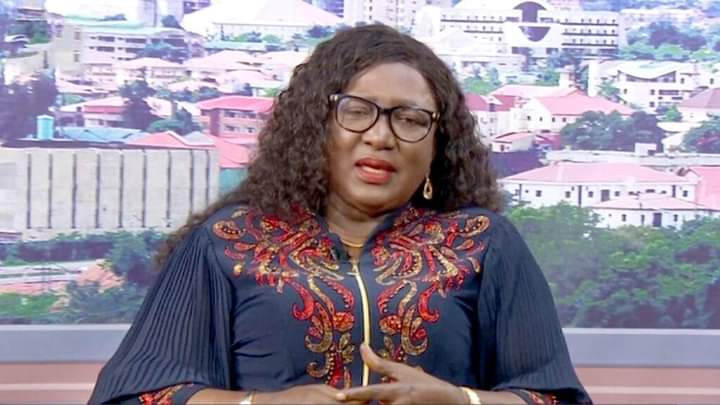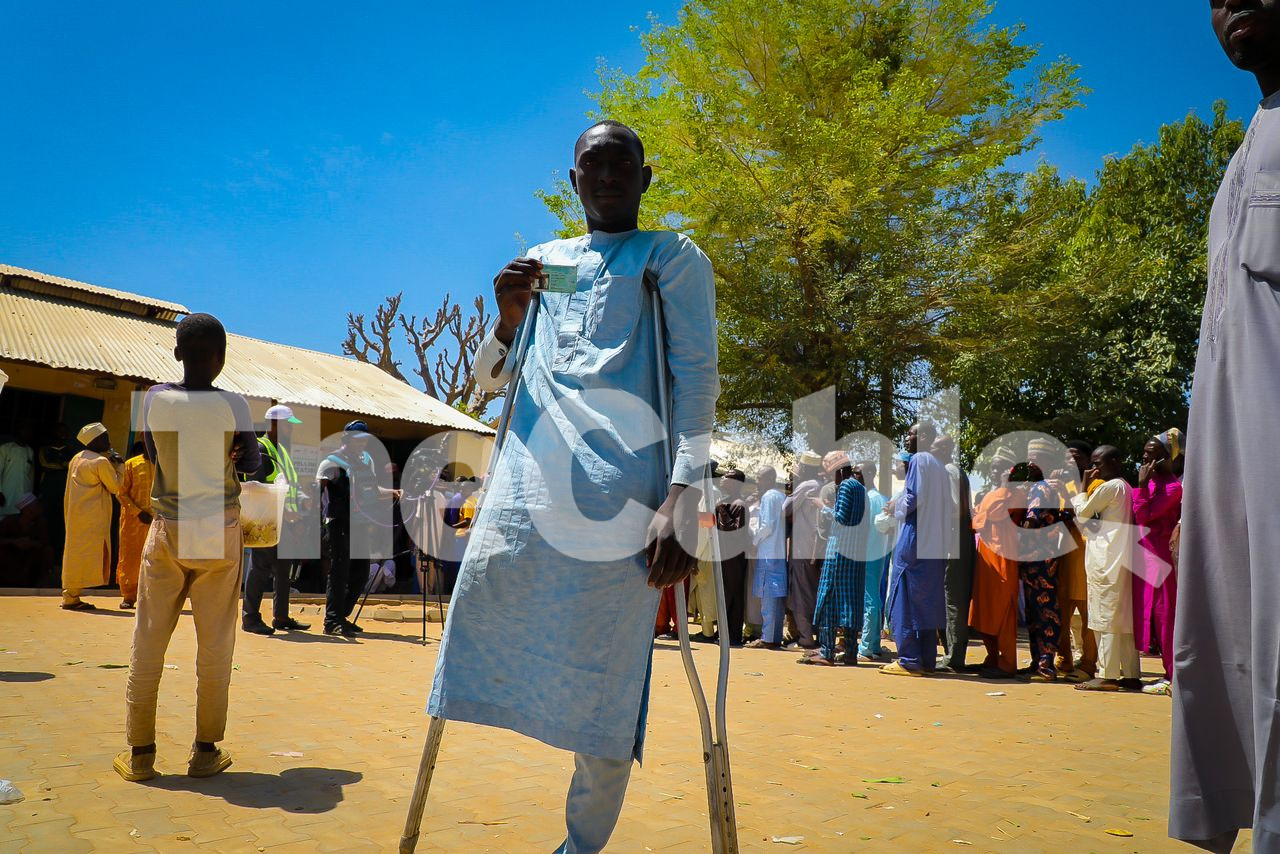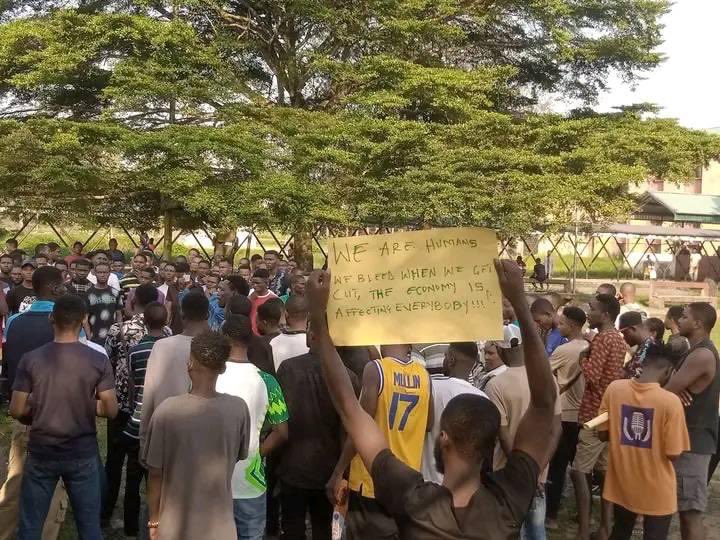Public varsities can't achieve financial autonomy without tuition fees, UNICAL VC tells FG
Florence Obi, the vice-chancellor (VC) of the University of Calabar (UNICAL), says Nigeria’s public universities can not be financially autonomous without billing students for tuition.
In his public engagements since the Bola Tinubu administration assumed office, Tahir Mamman, the minister for education, has repeatedly spoken about plans to make public tertiary institutions financially autonomous.
Federal universities in Nigeria are predominantly tuition-free, albeit, billing students for fringe services.
NAN reports that Obi spoke on Thursday while marking her third year in office as the first female VC of UNICAL.
Advertisement
She said students in public universities have to be billed for tuition if such institutions are to become financially autonomous.
‘’If the students don’t pay tuition and the universities don’t get appropriate funding from the government where would the internally generated revenue (IGR) come from?” the VC asked.
“To survive, the universities resorted to billing students for services like examination, medical, and ICT levies. It is these subheads that students pay for that are cumulatively used to run the universities.
Advertisement
“We don’t get money to run the universities from the government. What the government gives is overheads. For a second-generation university like UNICAL we get N12 million monthly.
“For 2023, we have only gotten it for seven months. Even if we get it for 12 months which I doubt, that amount is only what we use to pay for energy bills to run the university.”
Last month, the federal government moved to implement a policy requiring partially funded government agencies, including public tertiary institutions, to remit 40 percent of their internally generated revenue to the federal treasury.
The idea was heavily criticised by education stakeholders, forcing the federal government to discard the policy.
Advertisement
Obi said there was no way that already impoverished universities would have been able to remit 40 percent of their IGR.
“If that policy had sailed through, it would have been the end of public universities in Nigeria,’’ she said.
Florence Obi said universities in Nigeria still needed proper funding to run effectively.
In Nigeria, up to 95 percent of the budgetary allocation for federally-owned universities goes into paying salaries at rates that academics have repeatedly lamented are still inadequate and globally uncompetitive.
Advertisement
An inadequate one percent covers overheads, leaving federal varsities struggling to fund their day-to-day costs.
The main financial inflow available for capital projects in these varsities comes from the Tertiary Education Fund (TETFund), serviced by a three percent education tax paid from the profits of companies registered in Nigeria.
Advertisement
Add a comment






